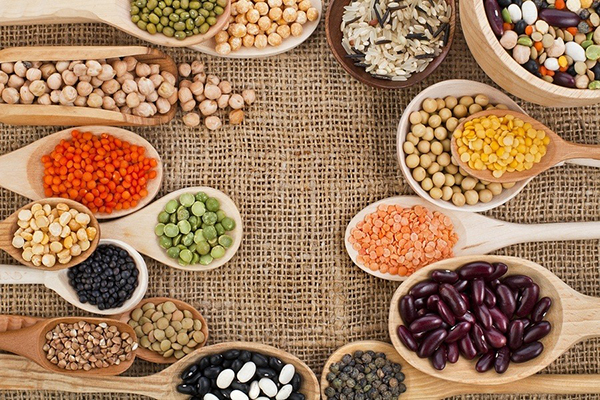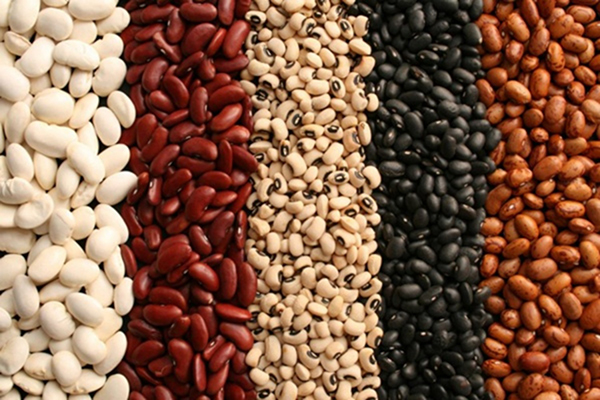You know, I used to laugh off the idea that something as humble as beans could make a difference in how tall you grow. I mean, really—do beans help you grow taller? It sounds like one of those old-school health myths your aunt swears by. But over the years (especially working with parents of growing kids), I kept circling back to this question. And—here’s the thing—it’s not as far-fetched as it sounds.
Beans are packed with growth-supporting nutrients—think plant-based proteins, iron, zinc, folate—all crucial during adolescence, when your body’s firing on all cylinders for bone growth and metabolism. So, while they’re not magic beans, there’s more to this legume consumption story than you’d think.
Let’s break it down—how beans fit into the science of height, and whether your diet could really play a role in growing taller.
You might not think of beans as a “height food,” but honestly, they’ve earned a spot in your kid’s lunchbox more than most people realize. I’ve worked with plenty of parents who overlook beans because they seem too basic, or maybe too “adult.” But when it comes to supporting a child’s growth spurt phase, beans quietly check a lot of boxes—especially during those key years on the BMI growth chart when kids shoot up like weeds.
What I’ve found, both personally and in practice, is that adding beans consistently (even a few times a week) helps kids hit their developmental milestones with better energy, better digestion, and yes—better height outcomes when combined with other key nutrients.
Here’s why I often recommend them:
Now, I won’t say they’re the only answer (because they’re not), but if you’re looking for an easy, USDA-approved staple to back up your kid’s growth goals, beans might be your quiet MVP.

Here’s the deal—beans are absolutely loaded with protein, but if you’re counting on them alone to support your child’s height growth, you’ve gotta know what they’re missing. I used to assume all protein was created equal. But when my own kid hit that early growth spurt phase and I started digging into the amino acid profiles, well… let’s just say my grocery list got smarter.
You see, beans lack methionine, one of the nine essential amino acids your body needs for things like protein synthesis and bone development. That doesn’t mean they’re bad—far from it. You just need to pair them right.
Here’s a quick comparison I like to keep handy:
| Protein Source | Complete? | Personal Note |
|---|---|---|
| Black beans | ❌ No | Great for lysine, but I always pair with rice or corn. |
| Soybeans (tofu, tempeh) | ✅ Yes | My go-to for quick, complete vegan protein. Versatile, too. |
| Quinoa | ✅ Yes | Honestly underrated—my kids didn’t even notice it at first. |
| Lentils | ❌ No | Love them, but again, pair with grains to balance them out. |
| Chicken or eggs | ✅ Yes | Classic staples when you’re not strictly plant-based. |
So, are beans enough for growth? Not by themselves. But when you pair them right—like beans and rice, or a lentil salad with quinoa—you’re giving your child the full spectrum they need to grow taller, stronger, and healthier. What I’ve learned? It’s not about perfection every meal—it’s about consistency across the week. That’s what really moves the needle.

You’d be surprised how often beans get overlooked in growth-focused diets, especially for kids and teens. I used to think they were just a side dish—kind of boring, maybe something you eat when you’re trying to cut back on meat. But the more I dug into growth nutrition (especially through MyPlate and actual consultations with pediatric dietitians), the more I realized how central they can be.
Here’s what makes beans such a quiet powerhouse in a balanced diet for growth:
Now, when you look at the USDA’s MyPlate model, beans kind of sneak into two categories: the protein group and the vegetable group. That’s a rare double-dip, and it gives you flexibility when you’re building out a growth-friendly plate.
What I’ve found is, the easiest way to include them? Just swap beans in 2–3 meals a week instead of meat. For example:
If you’re building growth meal plans, beans can seriously lower cost without lowering quality. Honestly, they’ve become a staple in my own routine (I batch-cook lentils every other Sunday).
Your kids—or even you—don’t need a complicated supplement stack to grow well. Sometimes, it’s just about real food that covers real needs. Beans do exactly that.